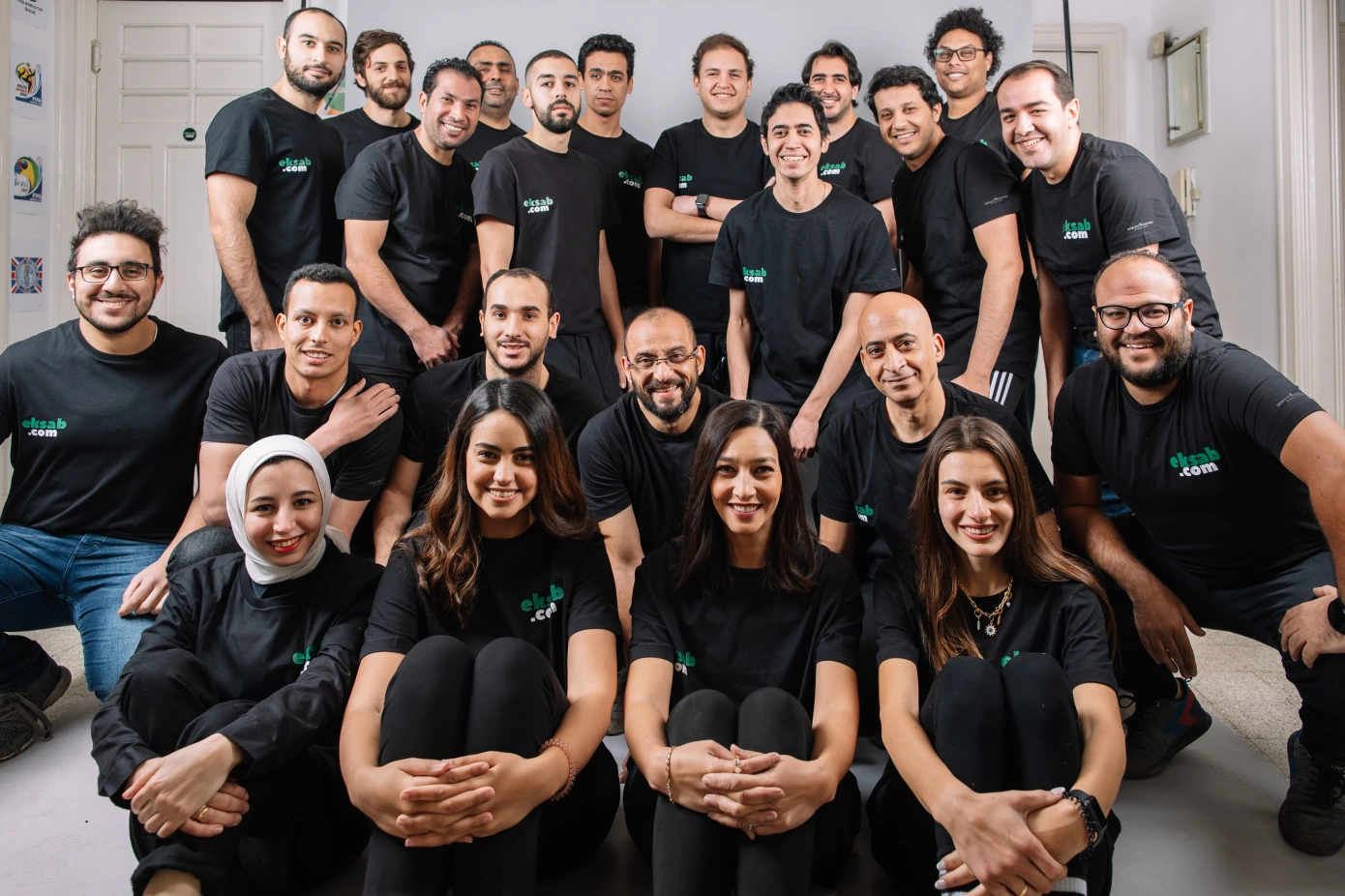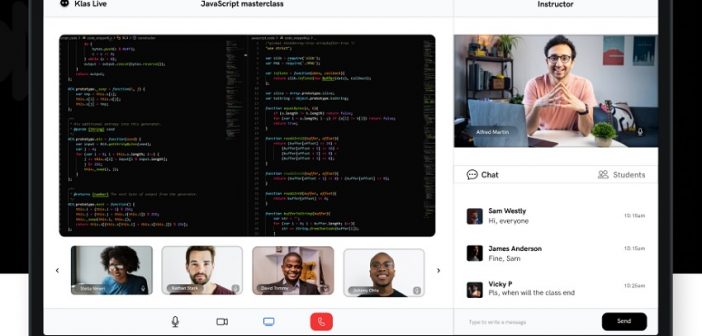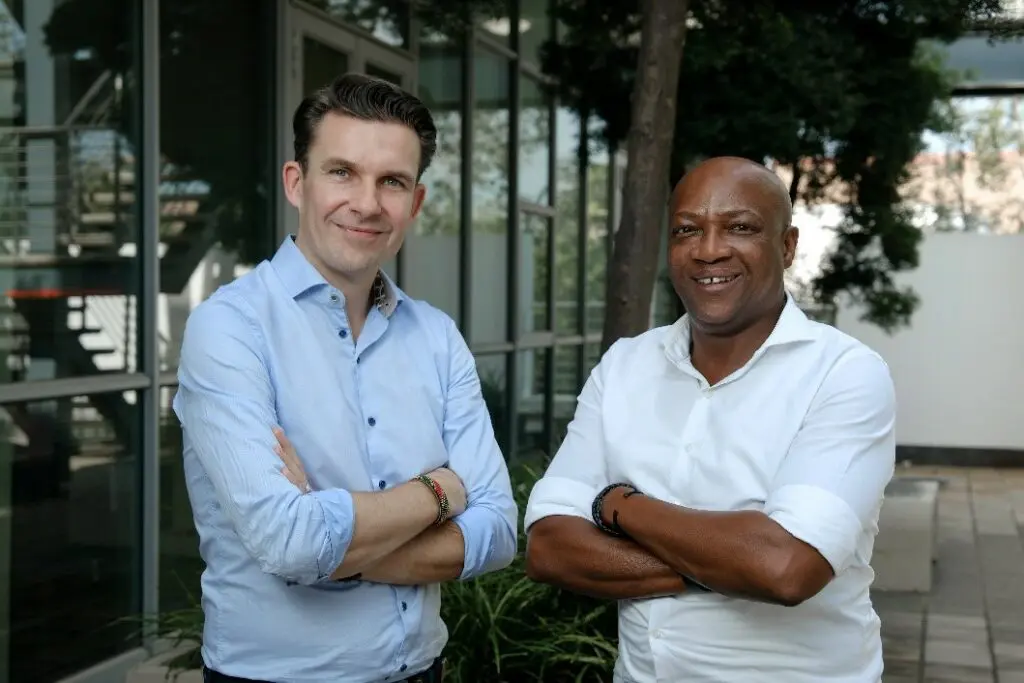Treepz, a Nigerian MaaS startup, has closed a $2.8 million seed round to fund its east African expansion.

Treepz (formerly Plentywaka), a Nigeria-based Mobility-as-a-Service platform, has acquired Ugabus, a Ugandan bus company that aggregates inter-city bus operators.
While the terms of the deal were not disclosed, Treepz CEO and co-founder Onyeka Akumah told TechCrunch that the acquisition was funded with a recent $1.5 million raise that served as an extension to a previous seed round.
The seed extension, which came from new investors such as Japan’s Uncovered Fund, Dubai’s Blanford Capital and Jonomi Capital, and Egypt’s Jedar Capital, adds to Treepz’s August $1.3 million raise, which was used to purchase Stabus, a Ghanaian bus company, to fund its expansion plans across the continent. Treepz has raised $2.8 million in its seed round.
Treepz’s first foray into the East African market comes with the acquisition of all of Ugabus’ operations and personnel. According to Treepz, Ugabus, which will be renamed Treepz Uganda on December 1, currently has 70% of the country’s bus operators on its platform, as well as approximately 50,000 customers who use the service to travel between Ugandan cities.
“We’ll be able to service most of Uganda’s major cities, but the good thing about East Africa is that the borders are very seamless, so it’s easy to move from Uganda to Rwanda, Uganda to Tanzania, Tanzania to Burundi, and so on,” Akumah told TechCrunch. “The initial plan is to expand into Tanzania and Burundi.” Those are the areas where we will focus our efforts next year.
Ethiopia is also of great interest to us. So we did the same thing we did with Ghana, but this time we went across Ghana to Togo and Benin from Nigeria for the West African region. So, starting next year, we will consolidate our positions in East and West Africa and begin collapsing into one in Sub-Saharan Africa.”
Treepz’s business model in Lagos, the startup’s hometown, consists of three verticals. “Daily Treepz,” the main service, is similar to Uber for minivans and buses. It provides fixed daily routes from bus stop to bus stop in a city, allowing riders to reserve seats using the app and pay using a digital wallet system. “Travel Treepz” is the startup’s intercity bus service, allowing Treepz to act as an aggregator for other bus companies, similar to Ugabus’ model. Finally, Treepz has recently introduced corporate bookings, allowing businesses to book transportation services.
When Treepz Uganda launches this week, it will begin with intercity and corporate services.
“We will look into the possibility of doing Daily Treepz there in the future, but for now, it’s easier for us to launch there with what we already have and what the team is already used to,” Akumah said.
According to Akumah, intracity trips account for the majority of Treepz customers because it is a daily service that people use twice a day, five days a week, spending an average of $2 to $3 per day commuting.
“Bus operators are beginning to see us as a technology partner in the face of competition,” Akumah said. “Bus operators can now use Treepz technology as an inventory management system to power their various systems.” And this, in turn, turns out to be a fantastic opportunity for us to grow.
So we envision a future in which we aggregate bus operators from city to city and also collaborate with bus operators within cities. It simply increases the number of transactions that occur on our platform over time.”
Treepz recently received funds from Google’s African Investment Fund in addition to seed funding, which it will use to aggressively expand its on-demand ride-sharing and intercity bus ticketing services in Africa. The company had previously stated that it intended to expand as far as Toronto, where Treepz has received funding after being accepted into Techstars Toronto, but is now focusing on helping to digitize and modernize the African transportation ecosystem.
In a statement, Takuma Terakubo, CEO and general partner of Uncovered Fund, said, “Treepz is building the most important mobility infrastructure in Africa’s megacities.” “In African countries where urbanization is advancing, the development of public transportation is critical.”







